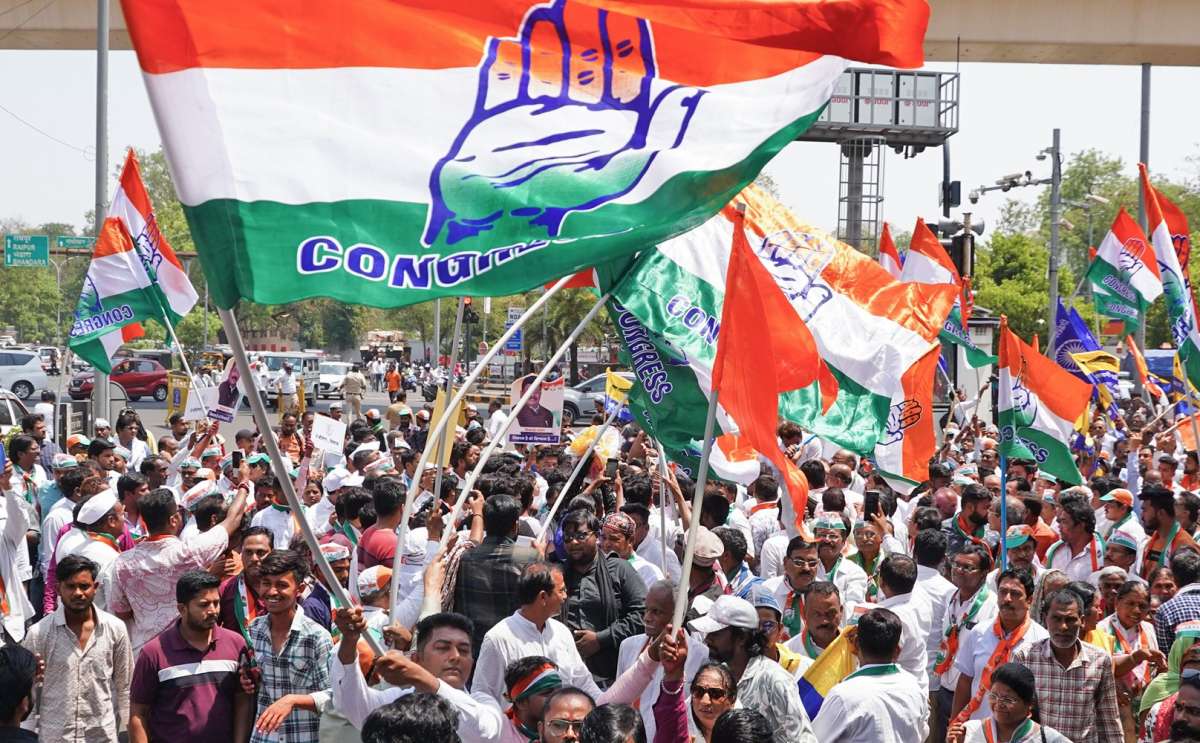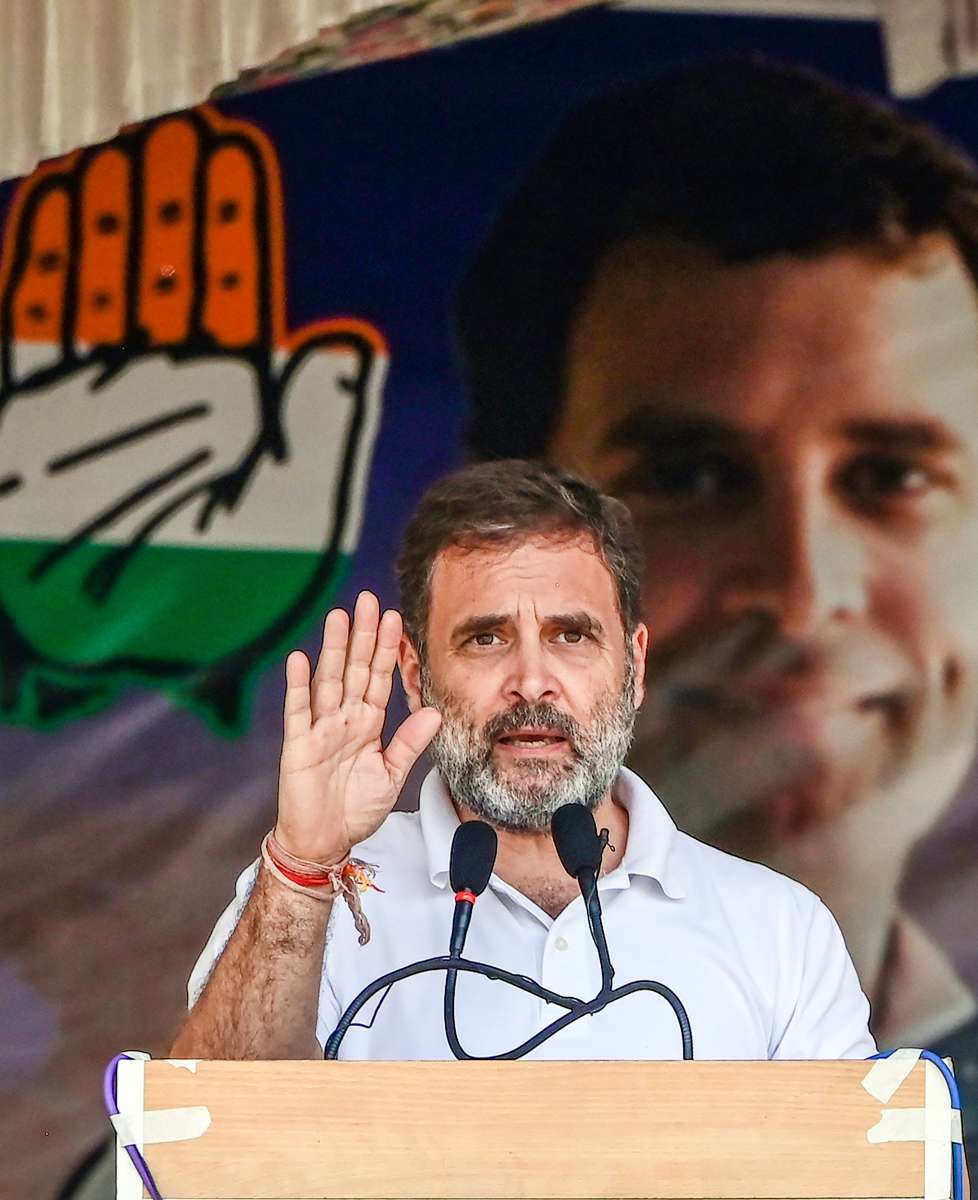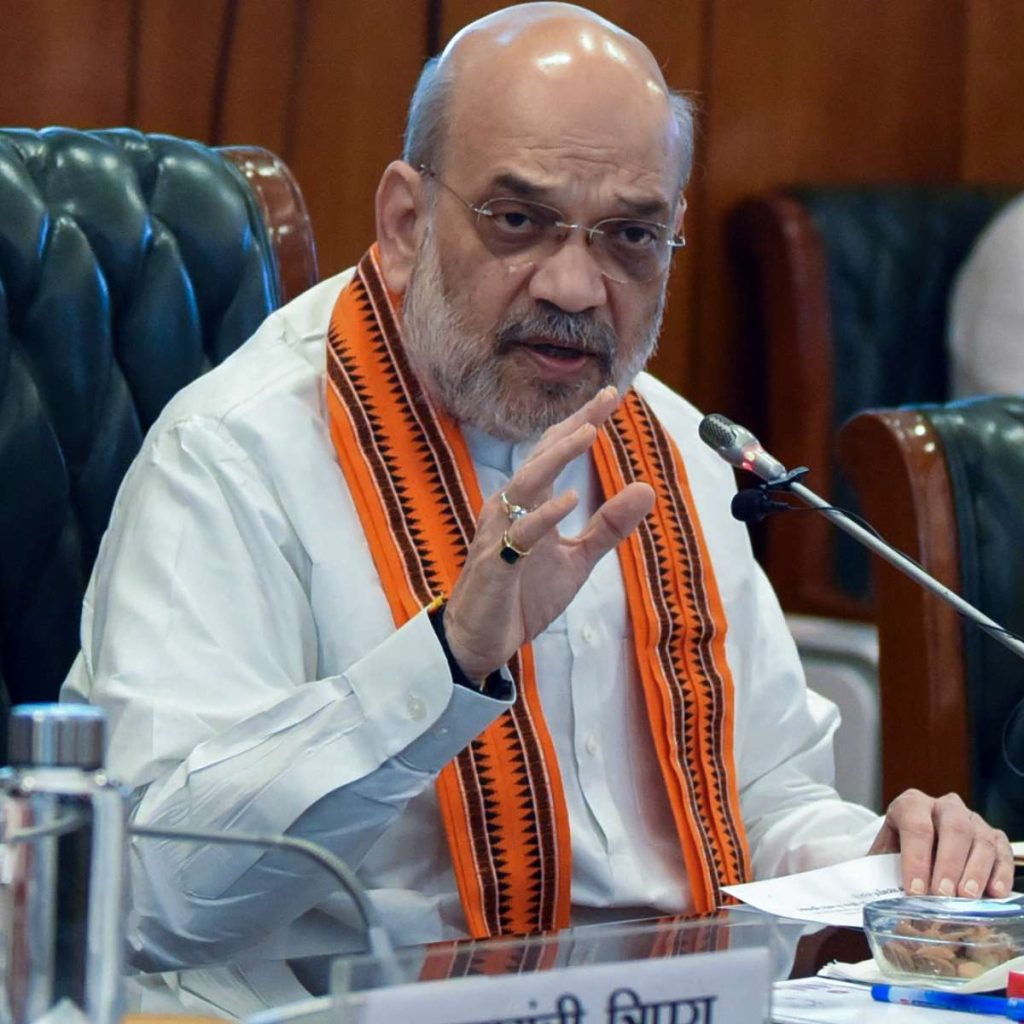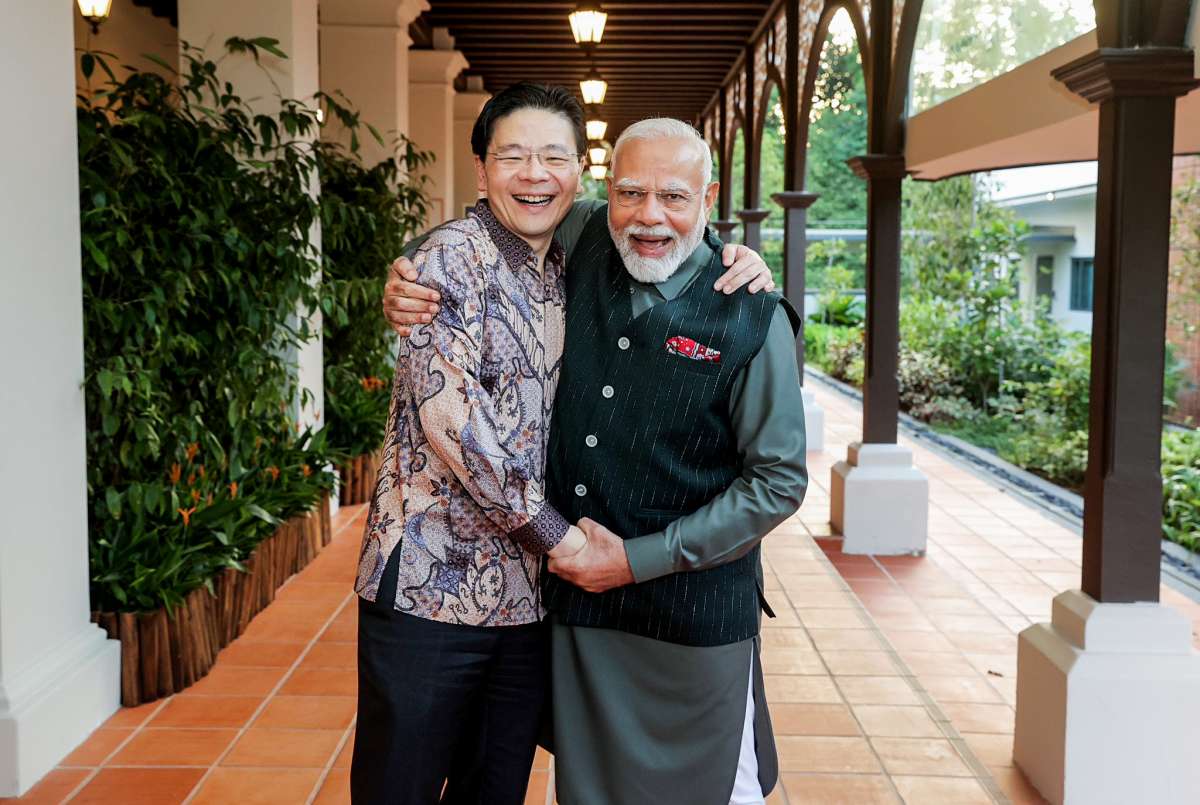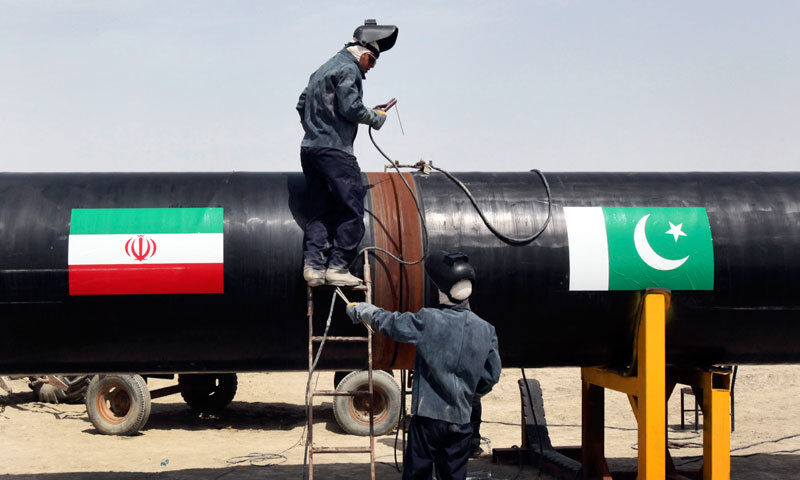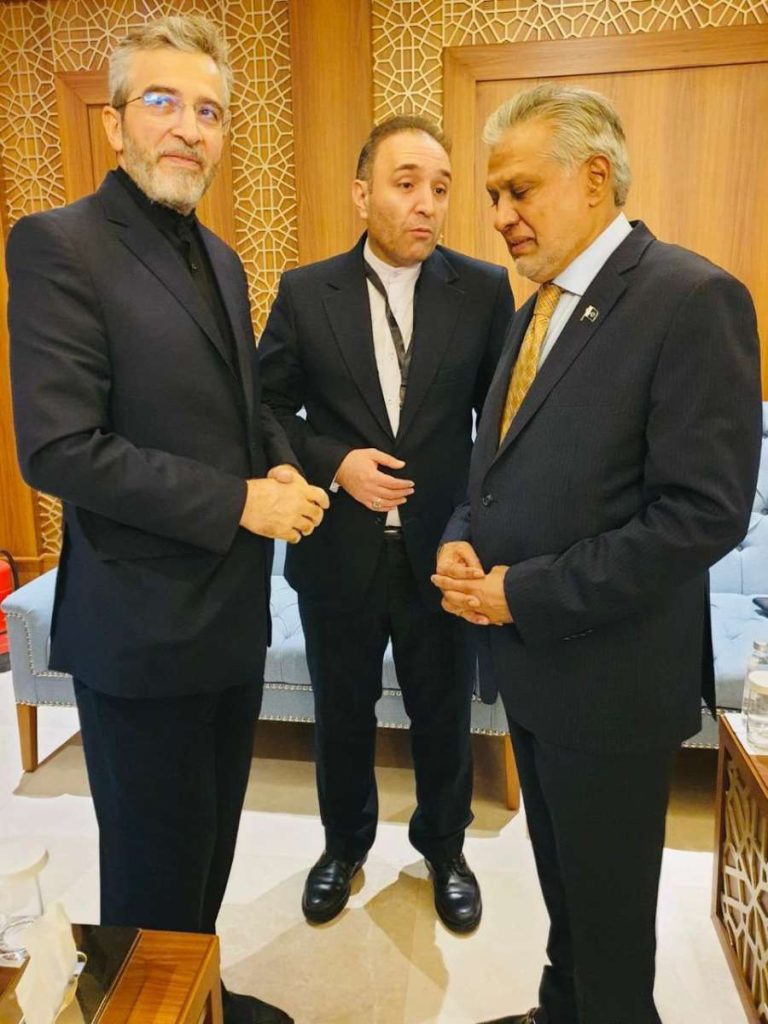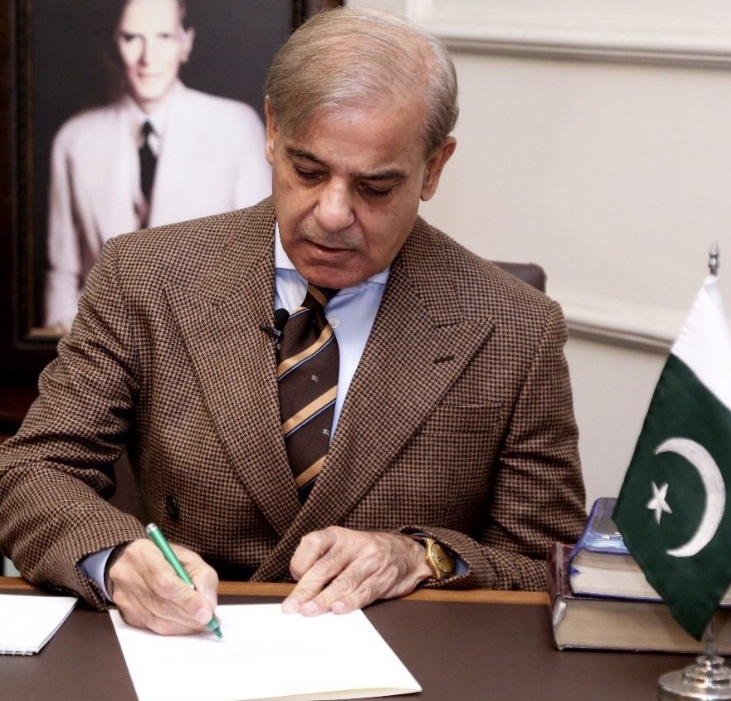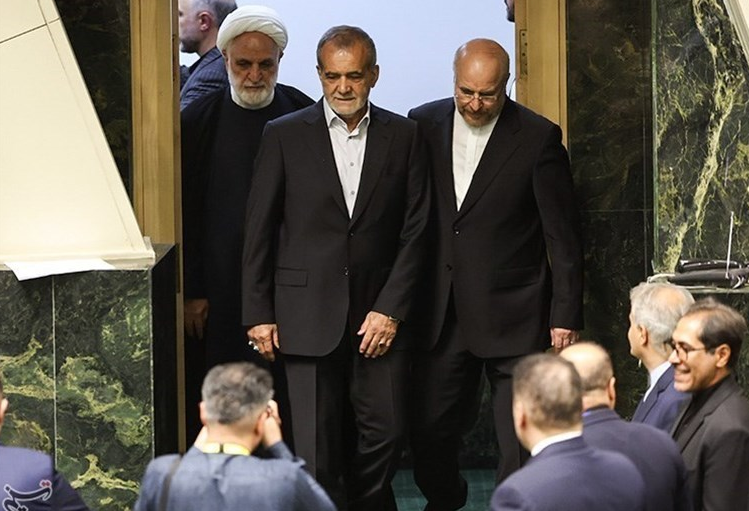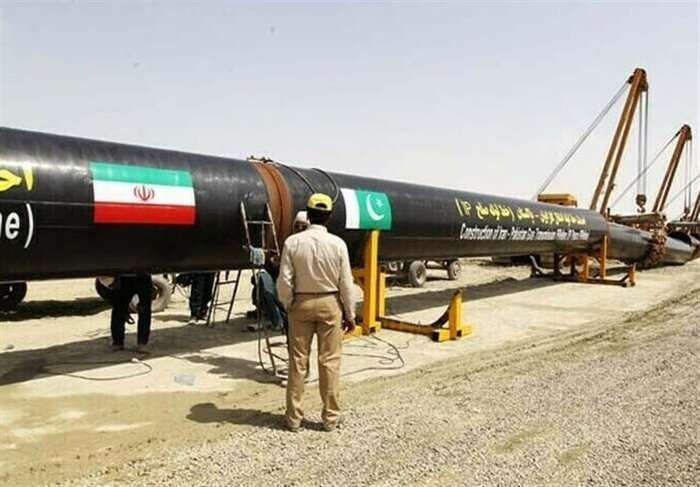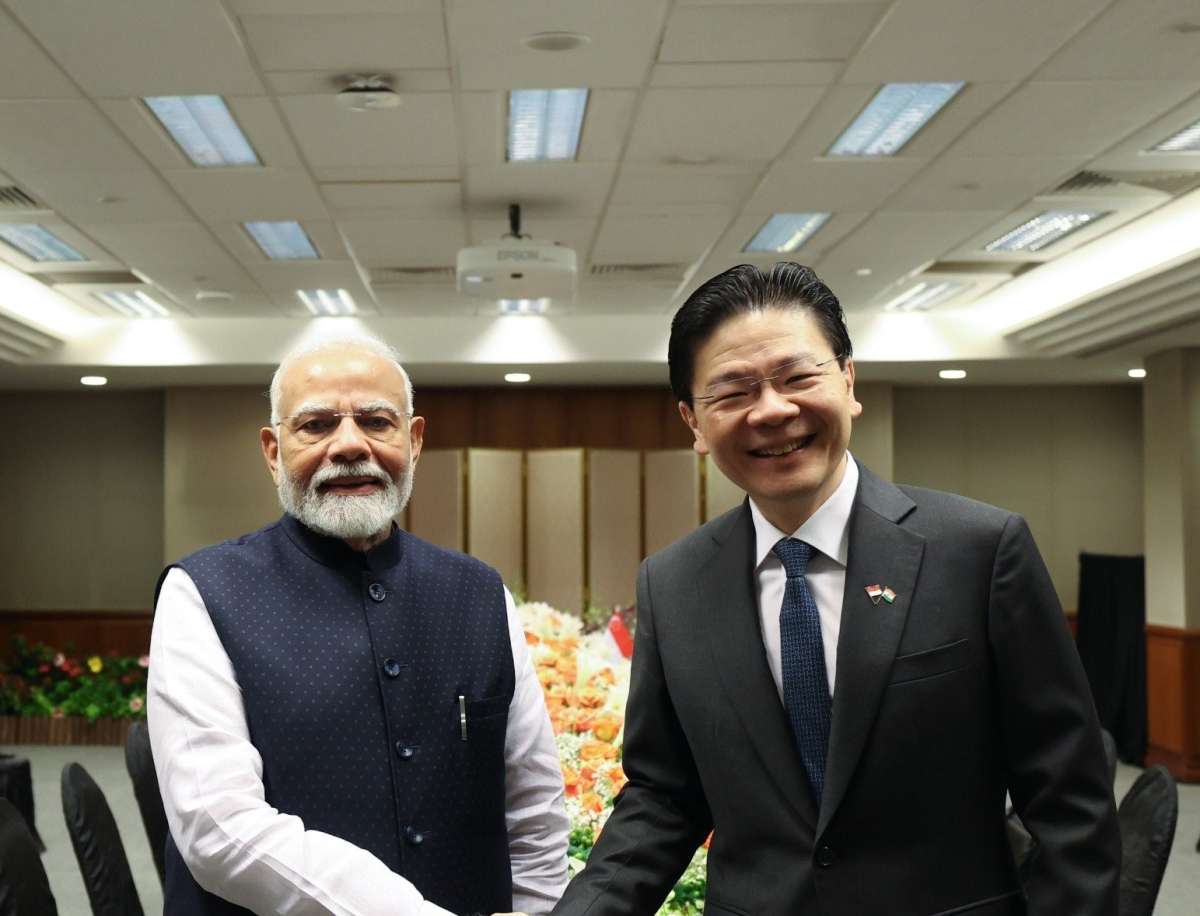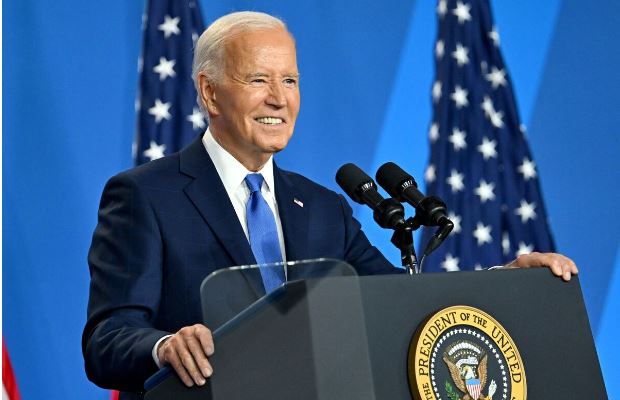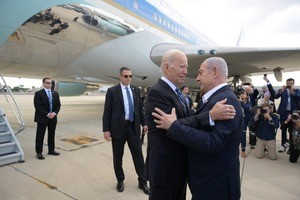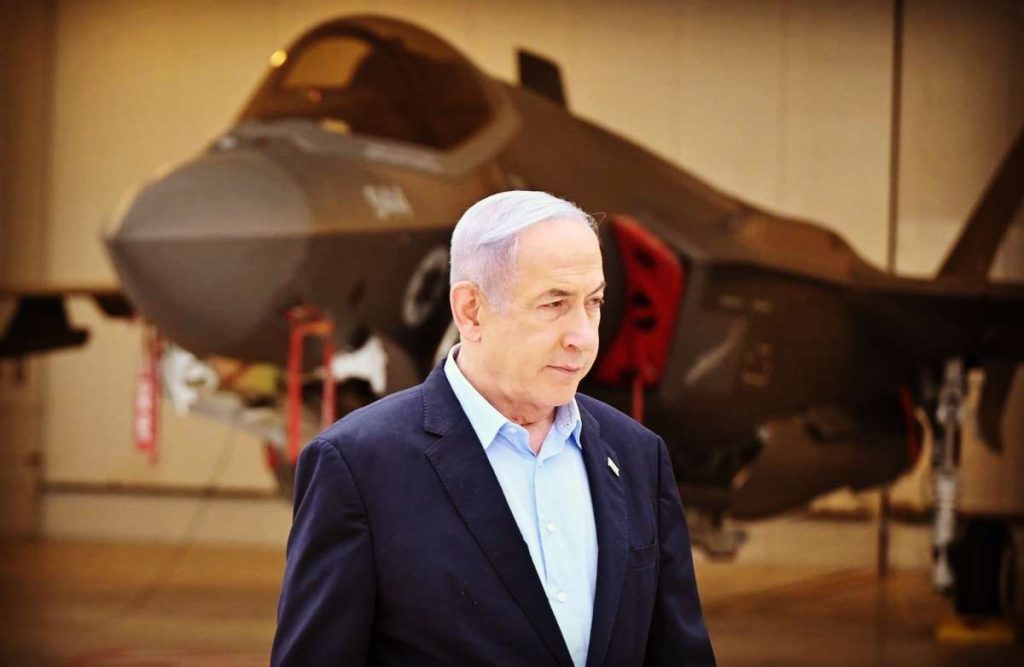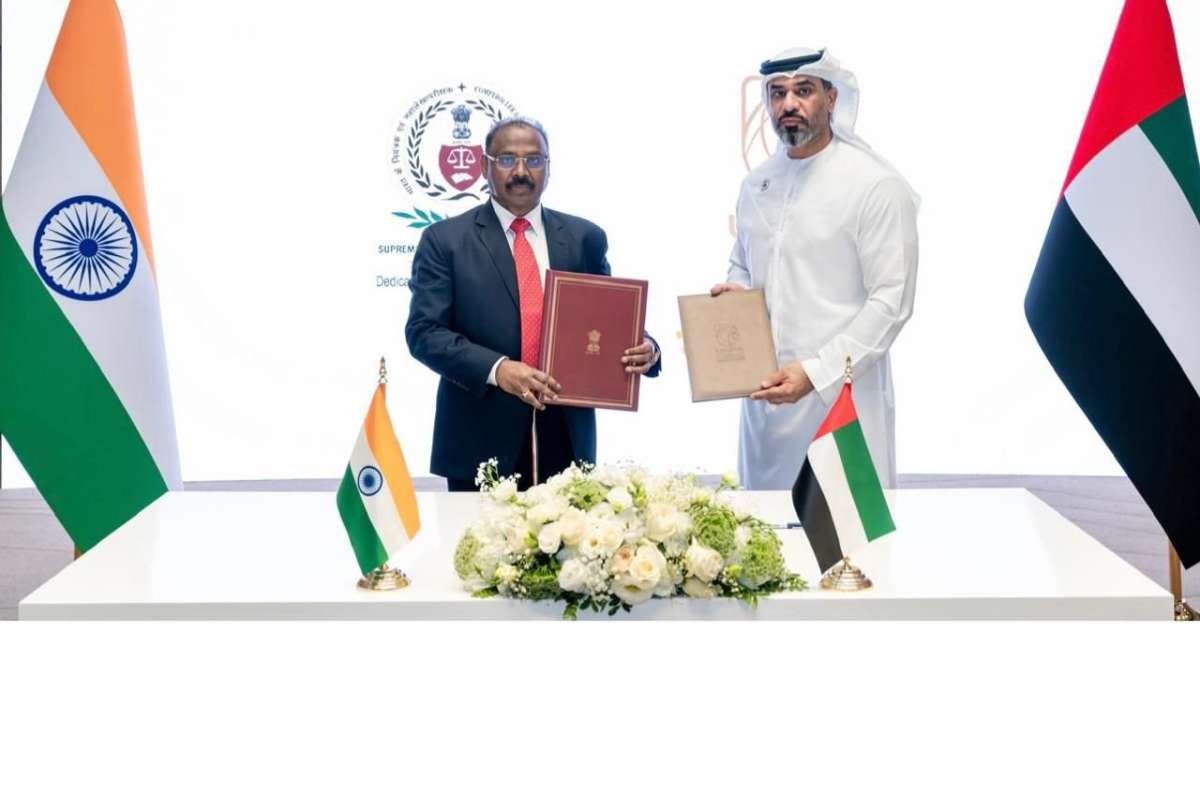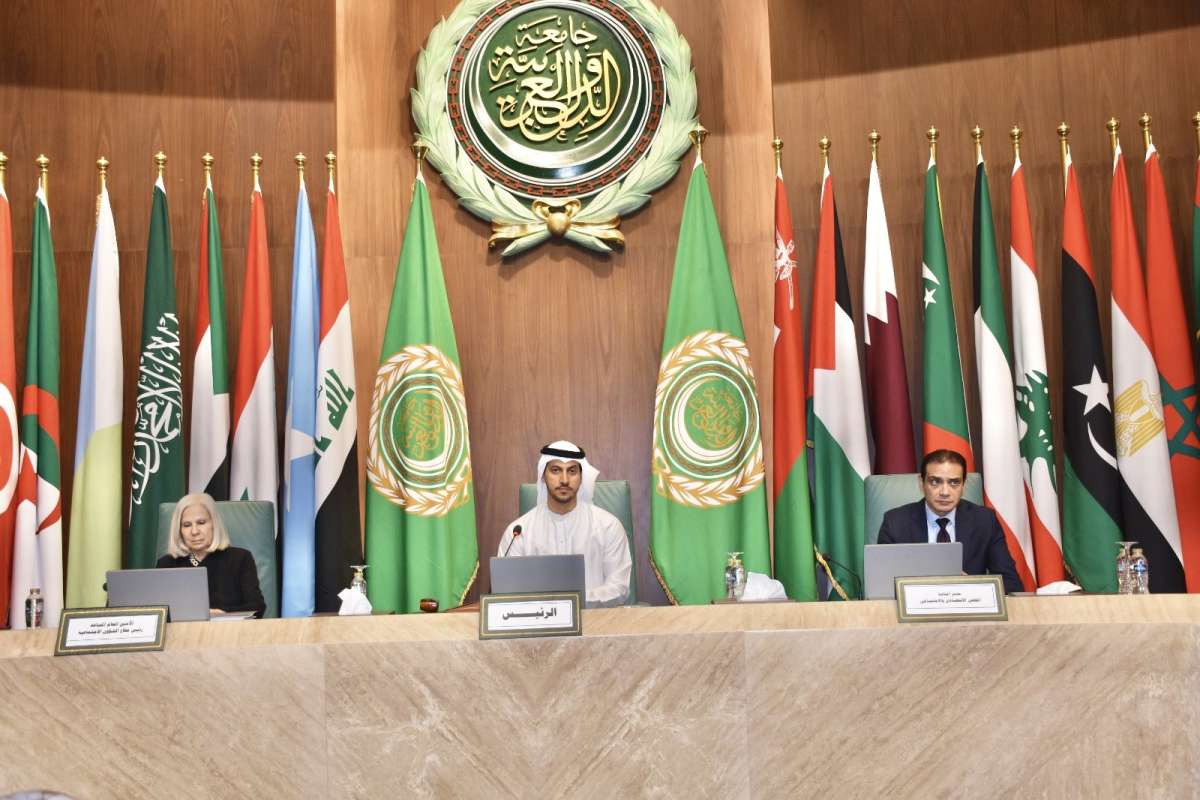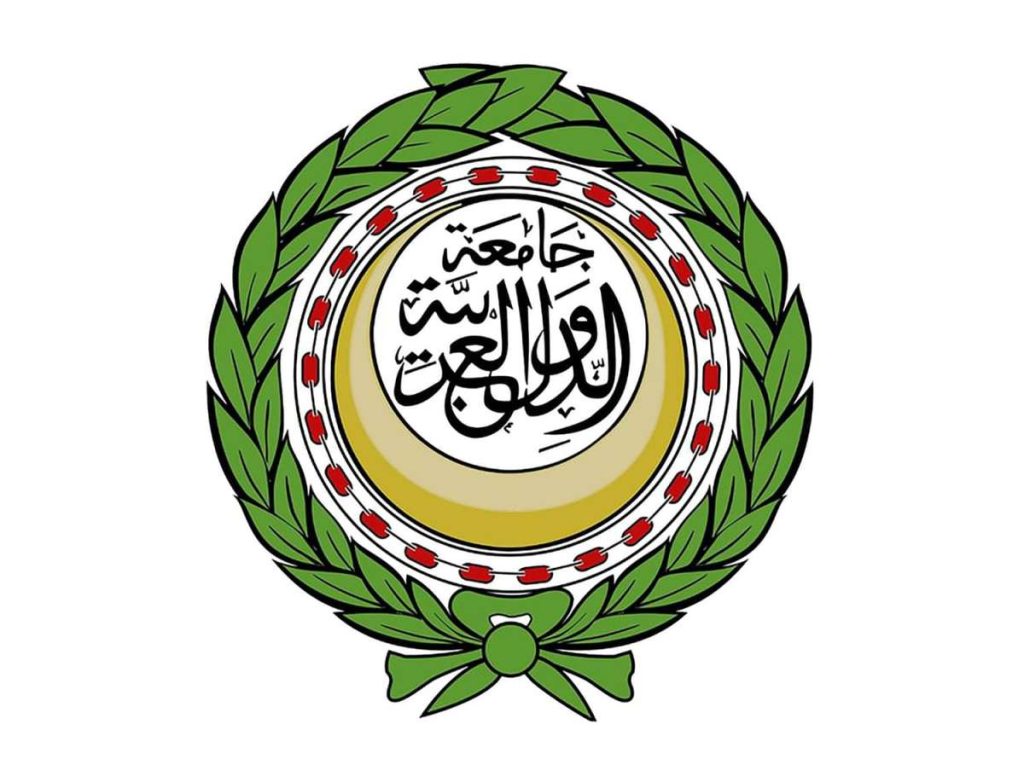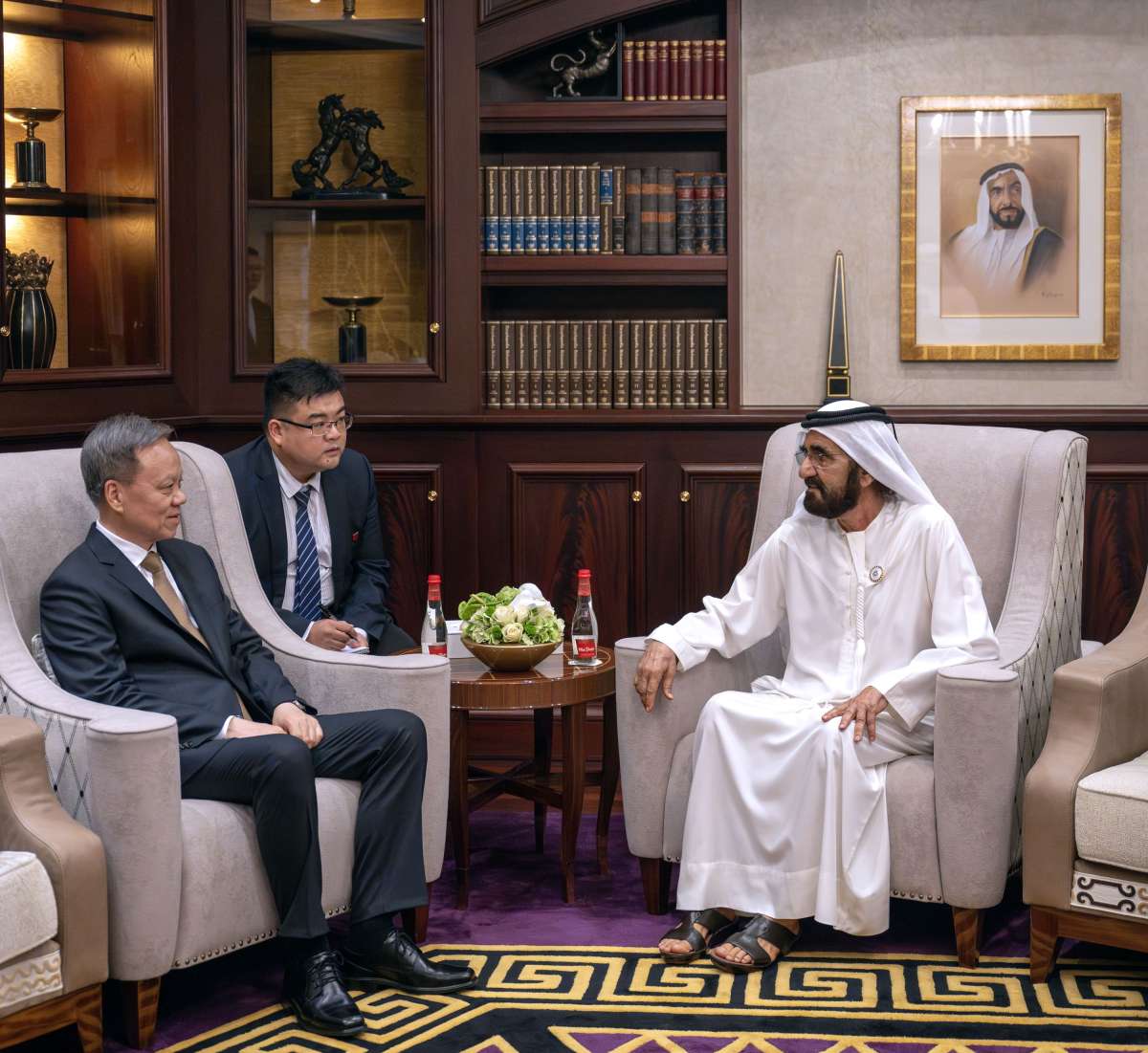Former Deputy Chief minister of Chhattisgarh TS Singhdeo and Amitabh Dubey have been named on the panel…reports Asian Lite News
The Congress on Wednesday set up a manifesto coordination committee for the upcoming assembly elections in Jammu and Kashmir, Haryana, Maharashtra and Jharkhand.
Former Deputy Chief minister of Chhattisgarh TS Singhdeo and Amitabh Dubey have been named on the panel. The committee will coordinate with the state manifesto committees for inputs and campaign activities, a statement issued by the party said.
While the 90-member Jammu and Kashmir Assembly will go to polls in three phases on September 18, September 25 and October 1, voting for 90-member Haryana Assembly will be held on October 5. Counting of votes for both states will be undertaken on October 8. Elections for Maharashtra and Jharkhand would follow later.
‘Cong-NC alliance a necessity’
After Leader of Opposition Rahul Gandhi advocated for Jammu and Kashmir’s statehood, former Chief Minister, Farooq Abdullah said on Wednesday that they are making efforts for the same and the alliance between Congress and National Conference is not a compulsion but a necessity.
Farooq also asserted that this alliance is a slap on the face of those who used to say that they are Pakistanis and Khalistanis.
He said, “I am going to meet him. We will succeed in the alliance that has been formed between Congress and National Conference. This is a big voice for our entire country, a slap on the face of those who used to say that we are Pakistanis, Khalistanis, I hope the people of India will understand that we want the state to progress and come out of this problem. I have seen the state becoming a Union Territory for the first time, we have to bring back the status of statehood and we are making efforts for this. This (Congress-National Conference alliance) is not a compulsion but a necessity, we have to take everyone along.”
Congress MP Rahul Gandhi on Wednesday advocated for the restoration of the region’s statehood, asserting that the withdrawal of its autonomous status has not only snatched the state of its identity but also eroded the rights and resources of its people.
While addressing an election rally in Ramban ahead of the Jammu and Kashmir Assembly Election, the Congress leader said, “For the first time in the history of India, statehood has been snatched away. Union Territory was first made a state… A state has been abolished and the rights of the people have been snatched away. First of all, the statehood of Jammu and Kashmir has to be returned because not only your state has been snatched away, your rights, your wealth, everything is being snatched away from you.”
Jammu and Kashmir has 90 assembly constituencies, with 7 seats reserved for Scheduled Castes (SCs) and 9 for Scheduled Tribes (STs). These upcoming elections will be the first in Kashmir since the abrogation of Article 370.
Polling in Jammu and Kashmir will be conducted in three phases on September 18, September 25, and October 1. The counting of votes will take place on October 8. (ANI)
ALSO READ: Rahul bats for J&K statehood; slams Centre

